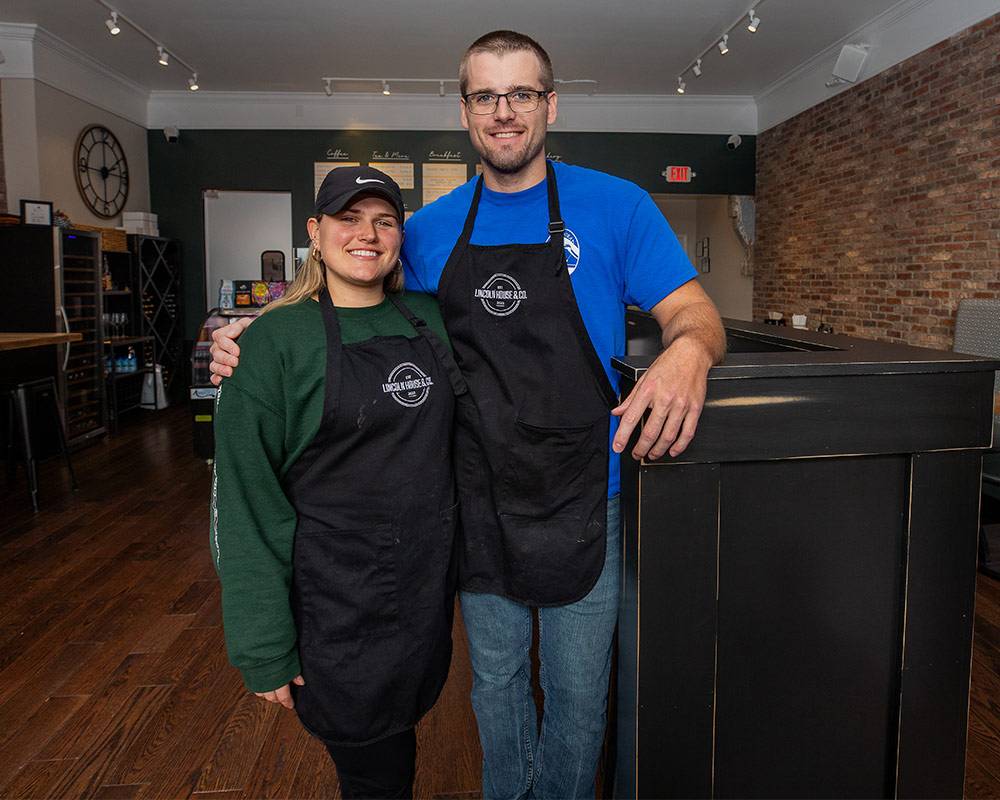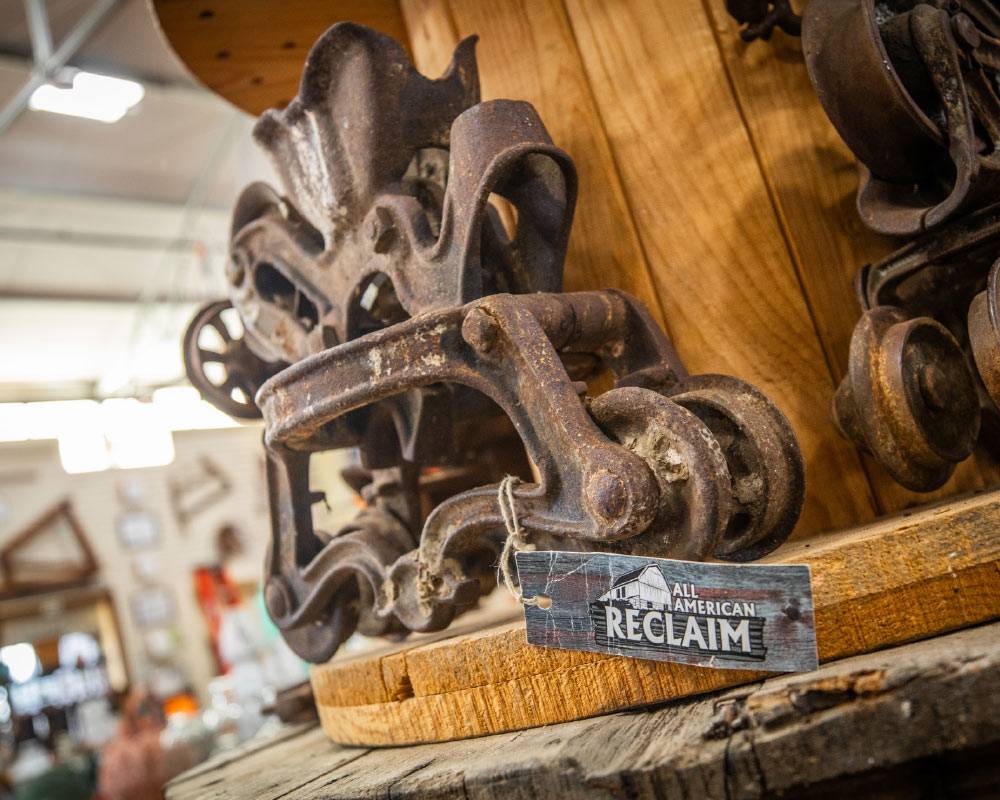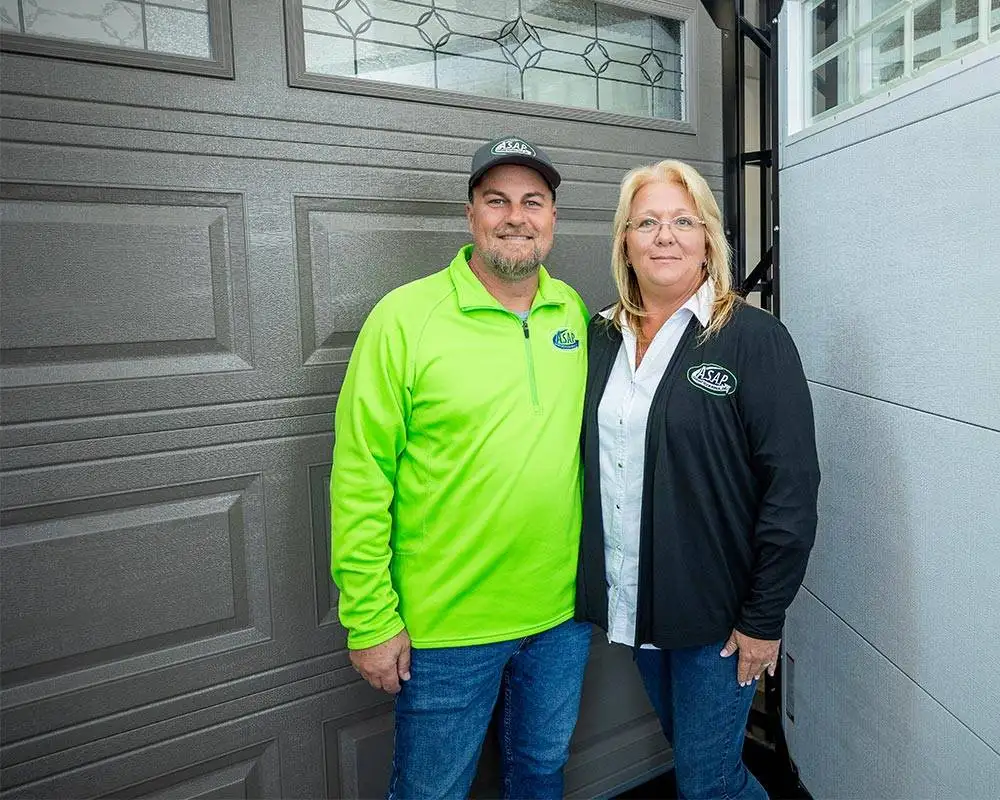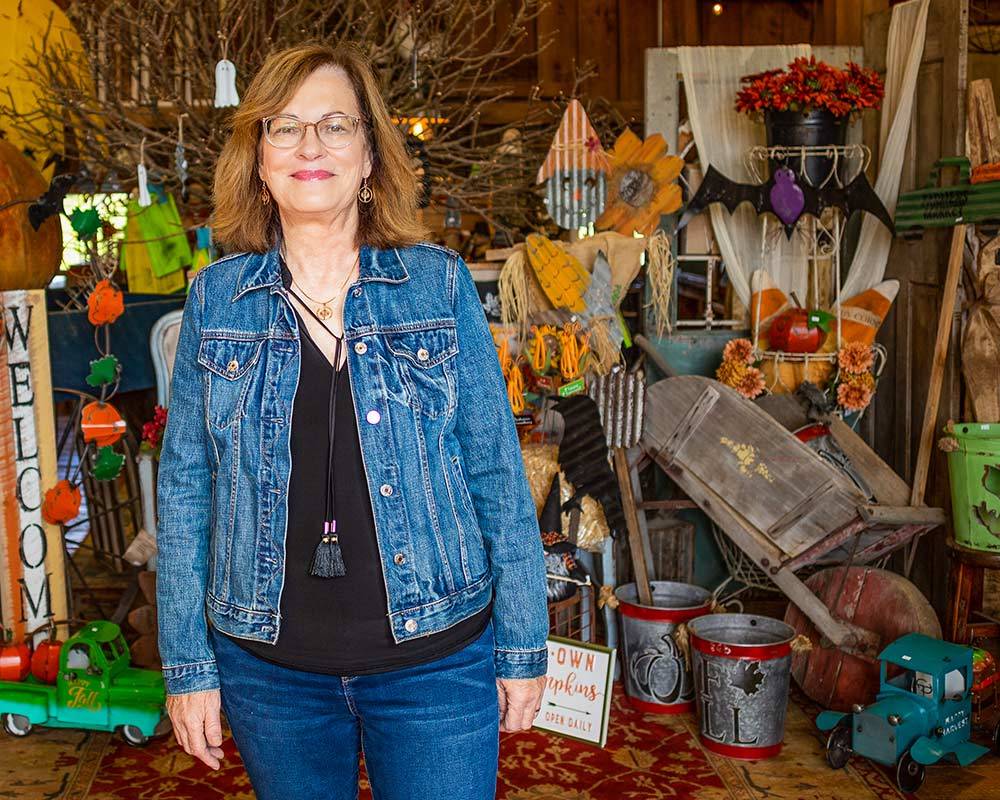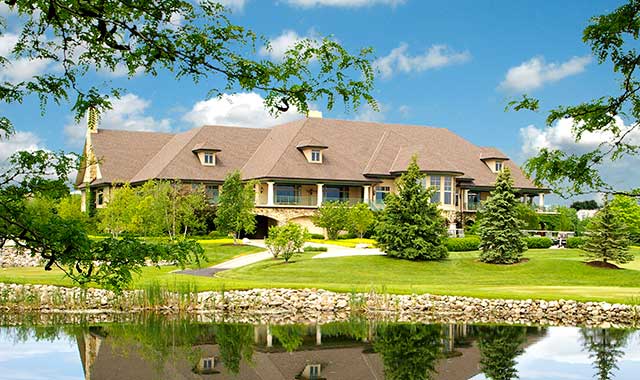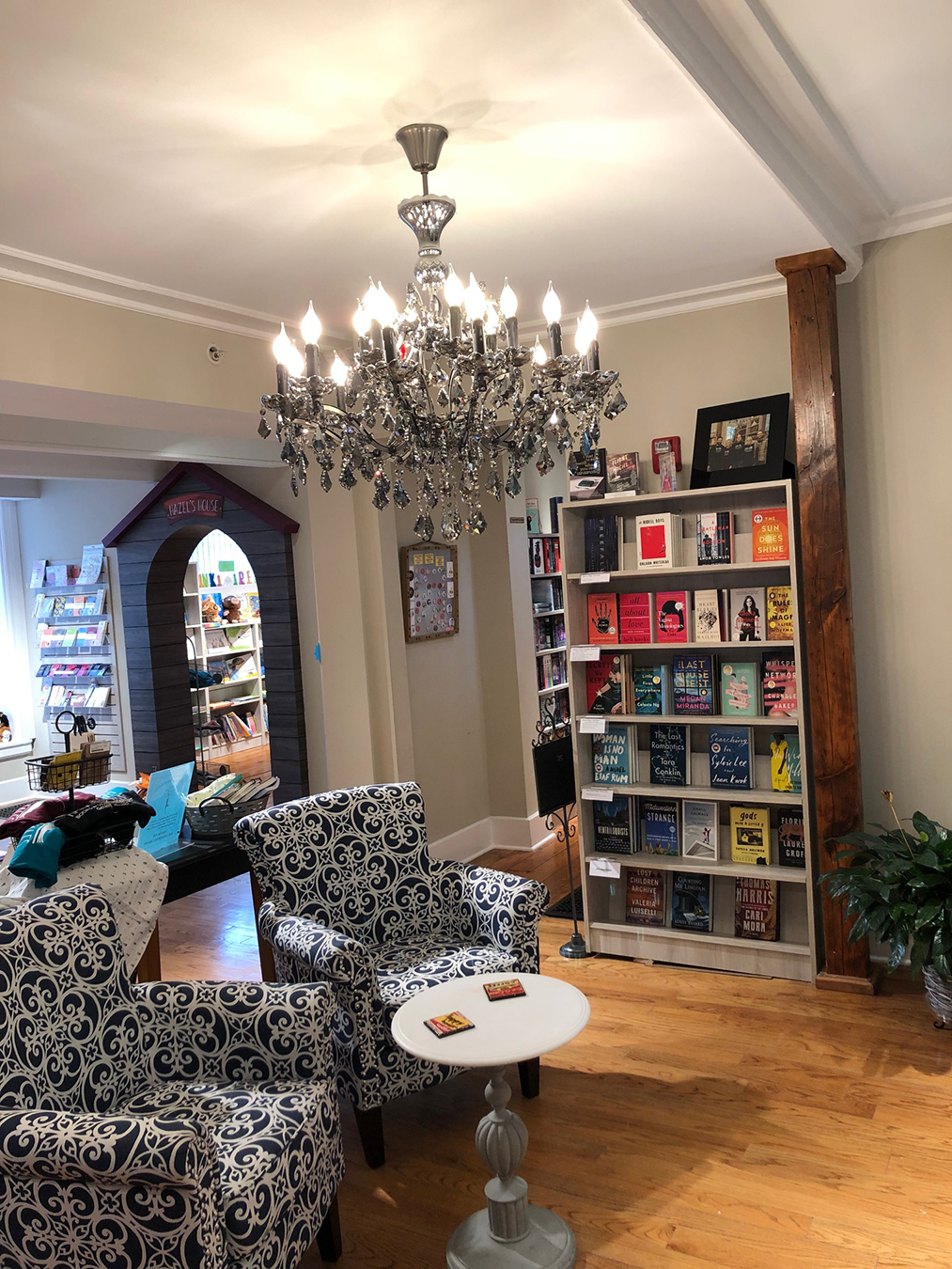Some come for the golf, while others come for the camaraderie. All walk away with a larger network and lasting connections.

You can’t escape a country club without learning about the golf course. In fact, it’s often the club’s big draw.
At McHenry Country Club, the centerpiece 94-year-old course winds its way through riverside terrain, past mature trees and scenic views of the Fox River. Senior PGA players take on this course, challenging avid golfers and businesspeople entertaining clients.
“Now, we’re seeing guys coming in with a foursome down the river, boating in for a morning to play golf, and then going home at night,” says house manager Keith Schultz.
The club’s nearly 800 members also appreciate the restaurant, where they can enjoy the only riverside fine dining in town.
“There are tons of bars along this part of the Fox River and the Chain O’Lakes,” says Schultz. “Those are fun, but this is a little more elegant.”
It’s a long-held stereotype that country clubs are stuffy and pretentious places filled with white-linen tablecloths and formalwear. But that’s not this club. Over the past six years, its management and membership have been seeking new ways to bring unfamiliar faces into their midst.
Around our region, clubs are doing more to connect with people who desire a community of like-minded individuals and who want their families to find belonging, too. For some, the golf privileges are incentive enough. For others, a club’s amenities appeal to the entire family. For local business leaders, the club is a place to make meaningful connections and to enhance one’s network.
“People still desire to belong to a private club because of that sense of community and belonging that they can only get at a private club,” says Jim Dziekan, CCM, club manager at Boulder Ridge Country Club, in Lake in the Hills. “There’s still a human desire to go somewhere you’re welcome, where you feel comfortable, and you can call home. It’s your home away from home.”
The Allure of the Club
With its 27 holes of premier golf, Boulder Ridge provides a strong attraction to the avid golfer. The average round here is competitive, at an average of 4 hours. Call up the pro shop, and they’ll get you dressed and equipped.
“You never have to make a tee time; it’s very convenient for people who are working, and couples,” says Dziekan. “If a husband gets out of work a little early, he and the wife can go out at 3:30 in the afternoon, play nine holes of golf, come in and have dinner, and do that a couple of times a week.”
Boulder Ridge offers three main levels of membership: golfing, dining and social/swim/tennis, which allows access to the club’s busy social calendar and limited rounds of golf. No matter their level, the nearly 500 members here have access to plush amenities, including a fitness center and locker room, and a community of like-minded people from southern McHenry County and northern Kane County. About half the membership lives inside the Boulder Ridge gated community.

“I’ve seen perfect strangers become lifelong friends who travel together,” says Dziekan. “Those relationships developed at the club. We’re not a business-oriented club, where guys walk around with business cards, but shortly after joining, you’ll recognize who the accountants are, who the lawyers are, who the car dealer is, and the merchants.”
The membership at Elgin Country Club, in Elgin, is a true reflection of the city’s diverse population.
The club’s membership, which draws from the surrounding area, includes corporate employees, local entrepreneurs and business professionals. It’s one of the most diverse groups that Douglas Stewart, CCM, the club’s general manager/COO, has seen in his nearly 30 years in the business.
“Probably more than one-half of our membership own their own business,” says Stewart. “The country club has always been a place where you can come socialize and find new friends, meet new people and incorporate them into your clientele and your business. I’m amazed, when I talk to members, how much new business they do with each other by belonging to the club.”
Every Wednesday, a group of local doctors hits the club’s 18-hole golf course, which crosses ancient oak trees and some of the highest topography in Kane County. About half the club’s 400 members are golfers who enjoy not only the game but the other social activities, dining and amenities that are available to social members.
Membership director Joe Leskis is quick to connect prospective members with club leaders and show them what the property has to offer. He finds that prospectives quickly recognize the benefits of membership.
“The feedback we hear from prospective members is that it’s such a warm and welcoming community that provides the programs and activities they value,” says Leskis.
Get Work Done
Geneva National Golf Club is just one component of the sprawling Geneva National Resort in Lake Geneva, and members of this semi-private club have access to a wide variety of services and amenities. Every day, one of the resort’s three courses is reserved for members only. Members get their own golf carts and improved access to the resort’s Hunt Club Steakhouse – not to mention priority reservations at the resort’s luxe accommodations.
The resort’s premiere golf courses were designed by PGA legends Arnold Palmer, Lee Trevino and Gary Player – a unique combination of professional-level courses that rank among the top in Wisconsin and in the country.
This being a resort community, Geneva National is a top choice for destination business outings.
“We have a lot of banquet space and meeting space, so a lot of our members use this space for treating clients or other employees,” says Jesse Seykora, director of marketing. “What’s the major benefit of being here? It’s treating your clients to a high-level golf club that’s very enjoyable on the private side.”
The club maintains a variety of membership levels, from golf and social privileges to corporate access. Many of the club’s 600 members maintain a second home around the Lake Geneva area, but not all do. Members here come from a diverse professional background and include Fortune 500 corporate executives.
Valuable connections can be made among members, but that’s really a side benefit, says Seykora. The resort setting makes Geneva National an ideal spot to bring the family along for company meetings or corporate outings.
At a more local level, places like Elgin Country Club regularly host business gatherings and client entertainment. Members who don’t use the club for golf can realize many opportunities through a social membership.
“For business owners, would you rather go over to Applebee’s, or would you rather take your customer to the club?” asks Stewart. Members also utilize the club’s small gathering rooms for seminars or company get-togethers.
Then, there’s the type of member who never seems to leave. “Some of our members use the club as their virtual office,” says Stewart. “For example, one day, I saw a member downstairs working on his laptop early in the morning. I said to him, ‘Why are you here so early?’ He said, ‘This is my office.’ He does his work and then goes to play golf.”
Dziekan spies many members conducting business at Boulder Ridge’s cozy dining room/bar.
“At lunch, we’ll have maybe 25 people total, so you’re not rushed to get out; it’s quiet, and you can conduct business,” he says. “There’s not a lot of noise, it’s very comfortable and easy, and it’s a great environment.”
At most clubs, members can reserve a room for little to no charge. When planning a Christmas party, golf outing or meeting, this is a perk that adds value to a social membership at McHenry’s club.
“For luncheons and gatherings like that, it’s nice to be in an atmosphere that’s not the office,” says Schultz. “Our banquet rooms all have large windows that offer amazing views of the river. The feedback I get, from people who host events here pretty often, is that they like how they can escape the office-type setting.”

New Opportunities for Membership
In pursuit of new members, Elgin Country Club tried something new a few years back: It offered an unlimited guest program where members could bring family, friends and associates for a day at the club.
“You now can bring out as many people as you want,” says Leskis. “So, if you want to do some business golf or take your customers golfing, you can do it any time. Last year, we were up almost 2,000 additional rounds of golf because of this program. Tons of guys started bringing out their clients.”
There once was a time when country clubs maintained nearly uniform memberships and restrictions. Members often bought some form of equity in the club and passed their membership to succeeding generations. But according to the National Club Association, members of the millennial generation (young professionals roughly in their 20s and 30s now) are playing less golf than their predecessors.
According to local club managers, our region also experienced a high supply of new clubs during the 1990s and 2000s, and not all of those organizations have succeeded. Where some have failed, long-standing clubs, like Elgin’s, have made new investments and expanded their programs to attract a broader range of prospective members.
“And I think businesses are coming back, compared with where they were during the recession,” adds Stewart. “So, there’s more room in the budget for entertaining than there was in the past few years.”
Dziekan has seen a continuing shift toward younger memberships, as well.
“I’ve managed clubs for 35 years, and that’s one of the biggest shifts I’ve seen in the business,” he says. “Clubs tended to be male-dominated. But today, it’s a family decision to join. Not all women play golf, so if the husband wants to join for golf, the wife is going to ask what’s in it for her – and the kids. What do they do while he’s golfing?”
To that end, the club now has a young executive membership, with a more affordable pricetag aimed at the growing family. Many activities target ladies’ interests, while programs such as junior golf, swim team and tennis camp engage youths.
“Wellness and fitness, in general, have been a big shift for clubs,” says Dziekan. People now are more conscious of wellness, so we have a great advantage with our fitness facility, personal trainers, an aerobics studio, massage, swimming and tennis. A lot of private clubs don’t have that, and we saw that trend 25 years ago when we built this place.”
Clubs are also relaxing their longstanding traditions surrounding formal attire. Dziekan laughs that he’s one of the few left in the business world who wears a tie and sport coat to work.
“Private clubs, for many, many years, did not allow denim,” he says. “You came to the club and you dressed up. It was a special place to go. You wore a suit and tie, a sport coat. Kids had to dress up in a nice shirt and pants. You were going to the club. That whole thing changed when the corporate world changed and casual Friday began.”
Geneva National is responding to the changing market by creating adaptable memberships. Club managers are constantly re-evaluating their offerings.
“We’re not going to just show you a list of tiers and say that you’re one of these or you can’t join,” says Seykora. “Our motto is that we want to support stay-and-play visits. Everything is custom. If you want to play three rounds of golf and stay two nights, we can set it up for you.”
The resort is also rapidly expanding its junior golf program and building new family activities.
At McHenry Country Club, a new Gold Membership allows avid golfers to claim an annual pass to the course – without making the long-term commitment of an equity member.
“A lot of these guys are in business or they’re retired, and they’re getting a lot out of it,” says Schultz. “You play twice a week, you’re ahead of the game. If you get out there three times, which a bunch of members are doing, you’re truly rivaling the daily fees courses.”

Staying Relevant
Membership in a country club is no small commitment. Some clubs maintain monthly dues and minimum monthly expenses. Other clubs require assessments to pay for capital projects. At McHenry Country Club, member business owners provide relevant services, such as roofing repairs or building a new pond. But the hardest commitment of all is time.
“It seems like, nowadays, if you have your kids in something like baseball, you focus on baseball and you play eight months of the year,” says Schultz. “It doesn’t leave a lot of room for other activities. However, those who make time for our Junior Golf Program benefit greatly from it. The life lessons young people learn from the game of golf far surpass anything that can be put on a scorecard.”
Dziekan sees the same effect at Boulder Ridge, where he often notices two types of people: the type that can’t join now because the kids are too active, and the type who choose to get the kids engaged with club activities.
“The one says they can’t do it because they’re too busy, and the other says they do have kids and they’re going to provide their kids an experience they’ll never get anywhere else,” Dziekan says.
Andrea DeLaune, membership director at Geneva National, falls into the latter category. She and her husband keep the kids thoroughly engaged in the club’s activities.
“I enjoy watching my kids play golf with my husband, and those are days where nobody plays video games all day,” she says. “They’re talking, and that’s something that’s becoming more and more rare today among families. We’re providing that quality time that kids don’t get anymore, and they’re learning skills for a lifetime.”
A Place to Belong
Growth remains strong at Geneva National Golf Club, where new members can find a variety of services and programs to fit their interests. Marketing director Seykora is a firm believer in the country club experience and the networks that develop because of it.
“You hear about how golf is dying, and golf is in trouble, and more and more courses are closing,” says Seykora. “But we’re on the opposite side of that spectrum. We’re seeing more golfers come out to play, and we have more interest in stay-and-play than ever before. Membership inquiries are more prevalent than they’ve ever been, and that’s a testament to what we provide our members.”
Even at the local level, a place like McHenry Country Club offers connections that can’t be made in other places. Don’t believe it? Count the number of cars purchased from a local car dealer whose family has been involved with the club for multiple generations.
“Everybody knows that, if you need a car, you go over and you see this family,” says Schultz. “And we have members who own a tire shop in town. Everybody knows that you go see them if you need an oil change or tires. Locally, people see a real value in the relationships they build here.”













